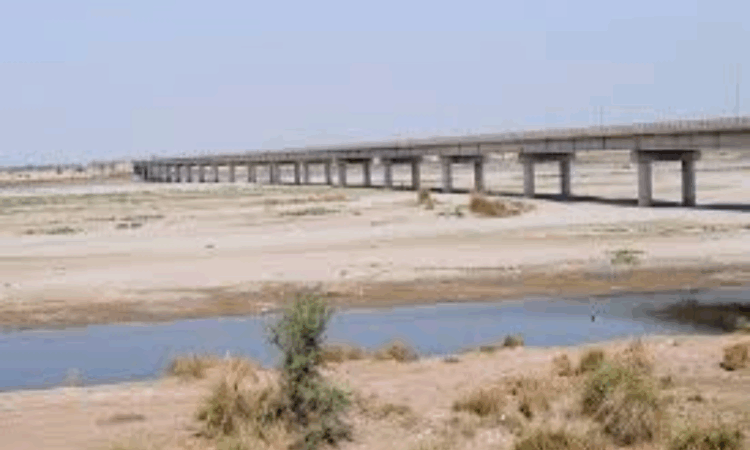Lahore, May 6, 2025: Pakistan has accused India of deliberately manipulating the flow of the Chenab River in violation of the 1960 Indus Waters Treaty, warning that any obstruction of Pakistan’s rightful water share would be treated as an “act of war.”
The accusation follows India’s unilateral suspension of the Indus Waters Treaty last month, amid heightened tensions after a deadly attack in Indian-occupied Kashmir on April 22, which killed 26 people. Though India blamed Pakistan for the attack, no credible evidence has been provided, a claim Islamabad has strongly denied.
The Chenab River, which originates in Indian-administered territory, is one of the three western rivers allocated to Pakistan under the treaty. It plays a vital role in sustaining agriculture in Punjab, Pakistan’s most populous and agriculturally significant province.
“We have witnessed changes in the river which are not natural at all,” said Punjab Irrigation Minister Kazim Pirzada. “One day the river had normal inflow, and the next, it was greatly reduced.” He warned that any sustained disruption could severely impact millions of people, especially in regions lacking alternate water sources.
The Jinnah Institute, a leading policy think tank, reported that India released a large volume of water, approximately 28,000 cusecs, into Azad Kashmir on April 26 following an apparent 24-hour stoppage. The sudden release caused a spike in water levels at Head Marala in Pakistan, prompting flood alerts and emergency monitoring by local authorities.
Indian media, citing an official from the Baglihar Dam in Indian-administered Kashmir, confirmed that sluice gates were deliberately closed as a “short-term punitive action.” Pakistani officials argue this admission underscores India’s weaponization of transboundary water as a coercive tool.
The Indus Waters Treaty, brokered by the World Bank and signed in 1960, gives Pakistan rights over the Indus, Jhelum, and Chenab rivers. While India is permitted non-consumptive use, it is prohibited from altering or obstructing the natural flow of water that would diminish Pakistan’s share.
Despite surviving multiple wars, the treaty now faces its most severe challenge in decades. The suspension and subsequent erratic water management practices have not only strained bilateral ties but also raised fears of a potential humanitarian and environmental crisis.
Irrigation authorities in Pakistan have increased real-time surveillance of river inflows and outflows, while the Indus River System Authority (IRSA) has issued warnings about the risk of flooding and water scarcity during the ongoing dry season.
Across the border in Akhnoor, Indian-administered Kashmir, residents reported extreme fluctuations in water levels, with some saying the river ran so low it could be crossed on foot — only to rise dangerously within 24 hours.
Pakistan’s Foreign Office reiterated its position in strong terms: “Any attempt to stop or divert the flow of water belonging to Pakistan … will be considered an act of war.” Officials in Islamabad say India’s actions are designed to destabilize Pakistan’s agricultural economy and undermine national security.
As the region braces for possible further escalation, analysts warn that water, long a source of silent tension, could become a central trigger in South Asia’s already volatile geopolitical landscape.







